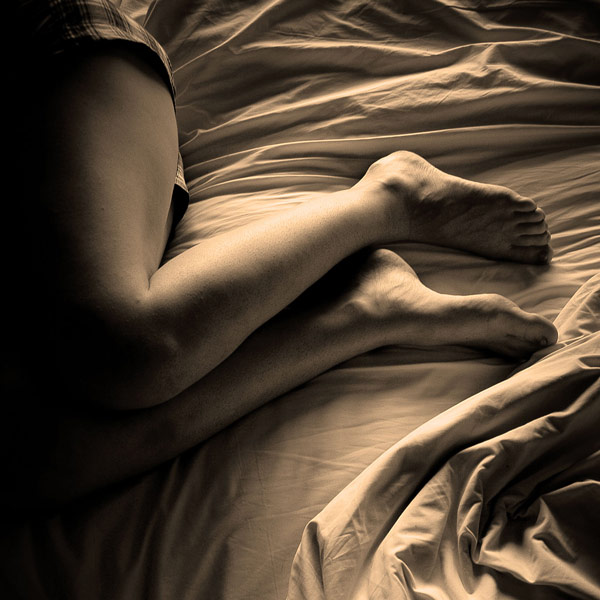THURSDAY, April 28 (HealthDay News) — Margie Hodgin of Turnersville, N.C., was in her early forties when she developed anorexia nervosa, and she knows how isolating the condition can be.
“In the middle of a disorder like that, you don’t know how to explain your feelings to those around you,” she said.
Luckily, Hodgin sought the care of a therapist who suggested a new and often effective treatment: an intensive counseling program that also involved Hodgin’s husband.
She said the program, called Uniting Couples (in the treatment of) Anorexia Nervosa (UCAN), was probably more effective — both for her own recovery and her marriage — than other outpatient programs she had gone to alone because she and her husband could get “down and dirty” about what was going on.
“It opened a lot of channels,” recalled Hodgin, now 47. “I had a lot of shame and embarrassment. It changed our relationship from almost a parent-child relationship and put us more on an even standing where we were partners again.”
Her successful recovery from anorexia while on the program isn’t unique. In fact, over a six-month span, researcher Cynthia M. Bulik and her colleagues saw only a 5 percent dropout rate among the 13 couples enrolled in UCAN. In contrast, traditional anorexia therapy typically has a 25 percent to 40 percent dropout rate, according to Bulik.
Participants’ body mass indexes (BMIs) also increased more after three months than those typically observed among patients in traditional programs, the researchers found.
Bulik was scheduled to present her findings on the UCAN program Thursday at the International Conference on Eating Disorders in Miami.
Typically considered an adolescent disorder, anorexia — marked by extreme weight loss and intense fear of becoming fat — is increasingly common among midlife women, many of whom are in committed relationships, Bulik pointed out.
With traditional, individual therapy, about 25 percent of anorexia patients recover completely, 25 percent experience chronic relapses and the other half achieve only a partial recovery, she added. About 5 percent of patients die.
In the meantime, the partners of people struggling with eating disorders “always want to help, but they don’t know how,” said Bulik, who is director of the University of North Carolina Eating Disorders Program in Chapel Hill and a professor in the school’s psychiatry department. “No matter what they say, they feel like it’s taken wrong,” she explained. “So finally I feel we’re leveraging the power of the partnership.”
Couples in the program had been together an average of nine years, and 77 percent were married. The UCAN regimen involved 22 couples sessions, weekly individual psychotherapy visits, monthly psychiatry visits and eight dietitian sessions.
Though anorexia can strike both genders, it’s far more prevalent in women, who comprised all of UCAN’s patients and were an average 32 years of age.
The program tackled the overall marital distress, poor communication and high levels of sexual concerns among couples in which a partner had anorexia, along with ways to prevent relapse. Because an anorexic person’s behavior — which can include starvation, binging and purging — is dangerous, Bulik said, it creates a wall of secrecy between partners. At the same time, the healthy partner often takes on an unnatural role, constantly monitoring the anorexic partner’s behaviors.
What results is akin to “a ‘don’t-ask, don’t tell’ policy. What anorexia likes to do is put a kind of electric fence around [the illness],” Bulik said. “Why is our program effective? Because there are no secrets. Each partner talks about what their experience is. It comes out in the open.”
A couple’s sexual relationship often suffers when one partner seriously struggles with her body image, Bulik said. But UCAN prompts couples to discuss physical affection and sex and develop possible ways to enhance these aspects.
One expert said the couples approach certainly might help some patients.
“Body image is certainly part of it, but control is an equally big part of it,” said Dr. Doug Klamp, an internist and eating disorders specialist in Scranton, Pa. “So having a third party involved is extremely important.”
“You’ve got a natural conflict,” Klamp added. “They feel they’re fat, and their partner is supposed to praise them. So the more structured approach can be very helpful.”
More information
There’s more on anorexia at the U.S. National Institutes of Health.

